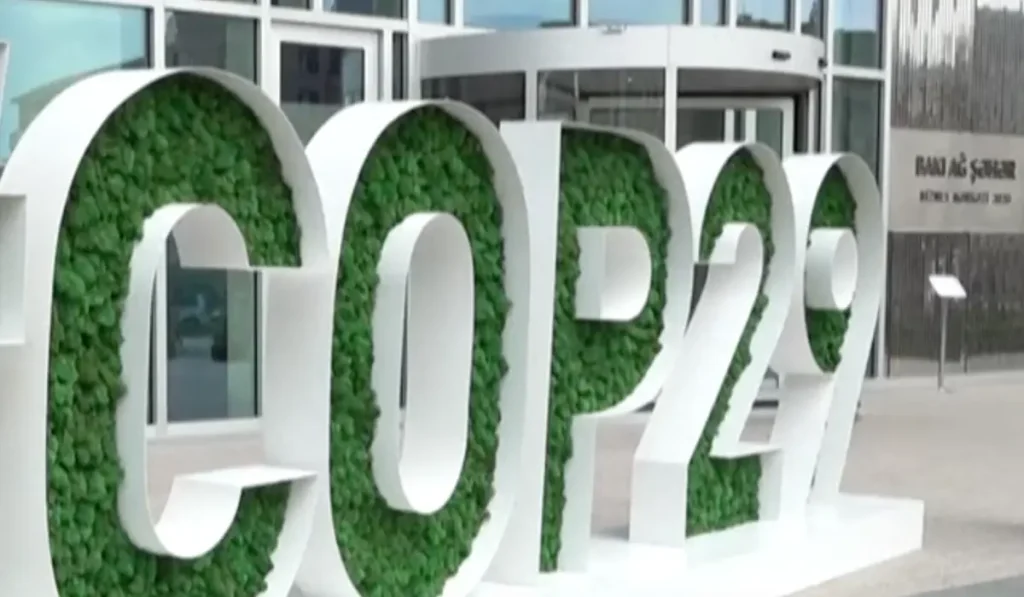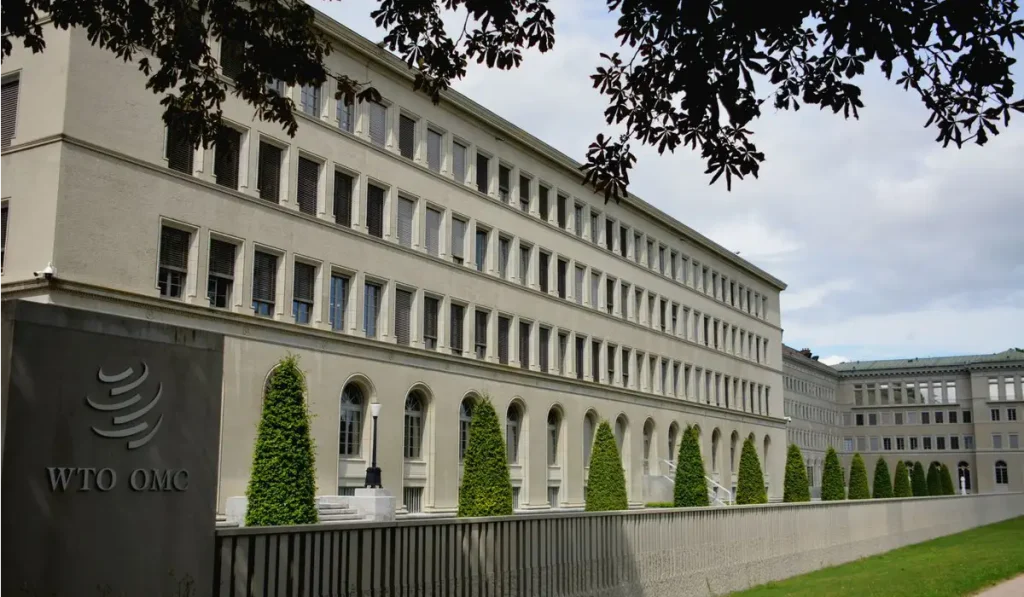Recent legal and policy developments in the United States (US) and European Union (EU) have poised them to challenge China’s dominance in green technologies. Moves to shore up green technology manufacturing and innovation through taxes and incentives, such as through the US’s Inflation Reduction Act (IRA), as well as border measures such as the EU’s Carbon Border Adjustment Mechanism (CBAM), have raised questions about the extent to which these measures comply with global trade rules, and are genuinely directed at protecting the climate. Will trade become the platform upon which countries gain an unfair leverage and progress their own climate agendas outside of the UNFCCC, through for example carbon clubs? Or does this herald a new and welcome path to global decarbonisation alongside the UNFCCC and Paris Agreement?
It’s too early to tell yet, but certainly trade and climate is likely to be high on the agenda this year, and the launch of the Coalition of Trade Ministers on Climate at Davos on 19 January, could not have come sooner for climate multilateralism. The Coalition has its genesis in a discussion between the trade ministers of Ministers of Ecuador, the EU, Kenya and New Zealand in 2022, which evolved into the Coalition. It currently has Ministerial representation from 56 state, including African Trade Ministers from Angola, the Gambia, Mozambique, Rwanda and Zambia. Its objectives include the promotion of cooperation in the global climate response and bolstering high level political direction on the nexus of climate, trade and sustainable development. It also seeks to prioritise inclusivity by balancing developed and developing country interests. It will be the first dedicated Ministerial forum for climate and trade, but will operate in parallel and in cooperation with the World Trade Organisation’s Committee on Trade and Environment as well as its Trade and Environmental Sustainability Structured Discussions.
Commenting on the development, E3G noted that “the Coalition should prioritise breaking down siloes between the international trade and climate communities, as well as bridging developed and developing country interests.” Moreover, as countries take on increasingly wide-ranging action to decarbonise their economies, the Coalition will be an important forum to engage on trade disputes.
One looming dispute is the growing spat between the EU and the US around domestic incentives for green technologies. On 1 February 2023, European Commission President Ursula von der Leyen presented the Green Deal Industrial Plan, which was subsequently adopted by the EU Commission. The Plan is an attempt to ensure EU keeps up with the global race in subsidy schemes for green industries. She noted that countries around the world are boosting subsidy schemes for green industries, mentioning Japan, India, the UK, Canada and the US Inflation Reduction Act as examples. “We know that in the fight against climate change, most important is the net-zero industry,” von der Leyen said when presenting the plan. The Commission also intends to put forward a Net-Zero Industry Act to underpin industrial manufacturing of key technologies in the EU. This will include industrial capacity goals (production targets) for 2030 “to ensure that strategic dependencies do not put the green transition at risk”. It would also entail further relaxing state aid subsidies, so that EU states can provide renewable energy subsidies, in case they are needed to match subsidies “received for similar projects by competitors located outside the EU” (i.e. the US). It would also support tax benefits for strategic net zero sectors.
The proposed Net Zero Industry Act rings very true to the United States’ IRA which was passed last year. US White house officials claim that the Act is universally beneficial as it will help increase clean energy production and deployment not just in the US but across the world, at more competitive rates. That may well be. Commenting on these developments in a new report by Kaya Advisory, the authors point out that “the EU and US are primed to race to the top of clean technology, much of which is now manufactured by China. To do this, the US is using industrial policy with protectionist elements. The EU is likely to follow with its own subsidy playbook… The US expects and welcomes the prospect that the IRA will elicit a chain reaction of similar subsidies among its allies… There are implications for the climate from this moment. Unilateral country subsidies and the pursuit of new multi-national trade agreements will become more pronounced.” They note that whilst this heralds a divergence from the WTO ordained global trade order, it adds a functional path for decarbonisation alongside the UNFCCC and Paris Agreement.
The US has also claimed that “[its] international partners have nothing to fear from the IRA, and a whole lot to gain”. Certainly that may be true for African countries looking to import renewable technologies, the global average price of which may be driven down through increased production, but it will also make it increasingly harder to attract global renewable energy industries to develop manufacturing bases on the continent. Another consideration is that many climate finance loan agreements tend to work against or often expressly prohibit local content manufacturing or procurement requirements, putting African countries further on the back foot in developing green industries and profiting from localisation benefits.
Lastly, retaliatory trade measures may also make it increasingly difficult to export carbon intensive goods from the African continent. Taiwan’s proposed carbon border tax, presumably a retaliatory response to the CBAM, is one such example. If African countries are looking to promote their interests, they would be well advised to join the Coalition of Trade Ministers on Climate (which only has 5 African representatives), to bolster a continental response.






